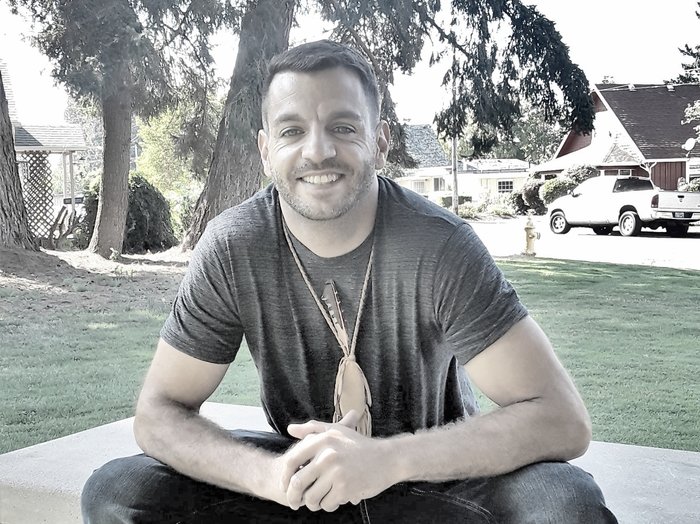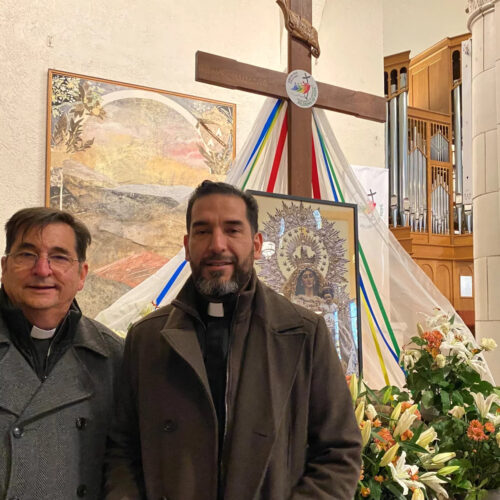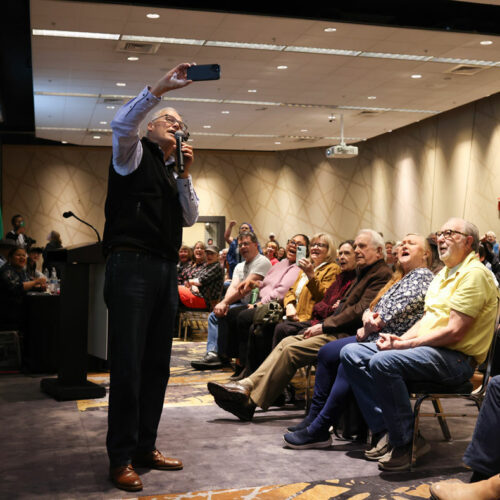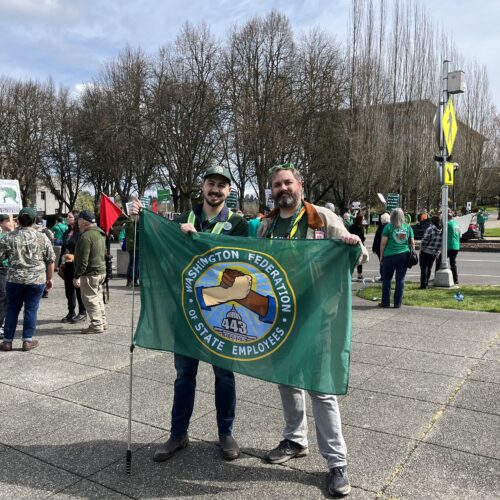
Oregon Construction Worker Sues Company, Says He Was Fired For Not Attending Bible Study
BY SASHA INGBER
A man in Oregon says he was fired from a construction job because he did not want to attend weekly Bible study meetings.
Ryan Coleman, 34, filed an $800,000 lawsuit last week against Dahled Up Construction, a company based in Albany, an hour south of Portland.
According to the complaint, he was hired as a painter in October 2017 and discovered on the job that he was required to attend Christian Bible study as part of his employment.
Coleman, who is half-Native American (Cherokee and Blackfoot), wasn’t comfortable with those terms, his attorney, Corinne Schram, told NPR. “He says his church is a sweat lodge, his bible is a drum, and that’s his form of worship to the creator,” Schram said.
According to the document, Coleman expressed his discomfort with attending the Bible study meetings and said the requirement was illegal, but business owner Joel Dahl insisted that he go anyway.
And Coleman, who has a felony conviction in his past, attended the sessions for a few months, “believing he had no other choice,” the lawsuit states.
Schram said her client asked himself, “Do I do something that I really am uncomfortable with and goes against my own beliefs and keep my job, or do I refuse to go and risk losing my job?”
After several months, Coleman finally refused to go to the religious sessions and was fired from the job, according to the filing. He is suing for $50,000 of alleged loss of income and $750,000 from “mental stress, humiliation, inconvenience and loss of enjoyment of life.”
His lawyer said this case is clear-cut. Referring to the construction company, she said, “A nonreligious employer cannot obligate employees to attend Bible study whether they are paid for their time or not. They can make it voluntary but they can’t make it a condition of employment.”
Kent Hickam, the attorney representing Dahl, told NPR that the suit was without merit. “We believe that this requirement was not illegal,” Hickam said. “These are at-will employees and they were paid to go. It was part of their job, so they were expected to attend.”
Hickam said Coleman was not fired — that he was an on-call employee and that he found other work while he was still on call for Dahled Up.
The Bible study took place once a week for about an hour in the afternoon. The meetings were meant to help employees, many of whom were felons and people recovering from addiction, Hickam said.
“It was arranged through a pastor to provide some appropriate motivation for them to stay the course. To maintain their recovery,” Hickam said.
Coleman served a prison sentence for child neglect and for selling methamphetamine, Schram said. But she told NPR her client had turned his life around and was recently granted full custody of his two sons, ages 10 and 14.
Dahl, the construction company’s owner, told The Oregonian that because of his own history with drugs and alcohol, he is a second-chance employer who hires felons and recovering addicts.
Hickam said about Dahl that the lawsuit “has not shaken his belief in God.”
Copyright 2018 National Public Radio
Related Stories:

These churches offer shelter and sanctuary to vulnerable migrants. Here’s why
Bishop Joseph Tyson (left) and the Rev. Jesús Mariscal (right) of the Yakima Diocese worry about how their parishioners will cope with broad changes to immigration policy, which have had

Unpacking the intersection of health care and religion
Religion can sometimes impact health care access in places like Washington and Idaho. (Credit: Joe Raedle / Getty Images) Listen (Runtime 3:22) Read Phineas Pope: Tracy Simmons is the executive

Religious freedom vs. health care access: How faith influences health care in Washington and Idaho
Religion can sometimes impact health care access in places like Washington and Idaho. (Credit: Unsplash / Hush Jade Photography) Read By Emma Maple | FāVS News The Idaho state Legislature















